Hi Everyone,
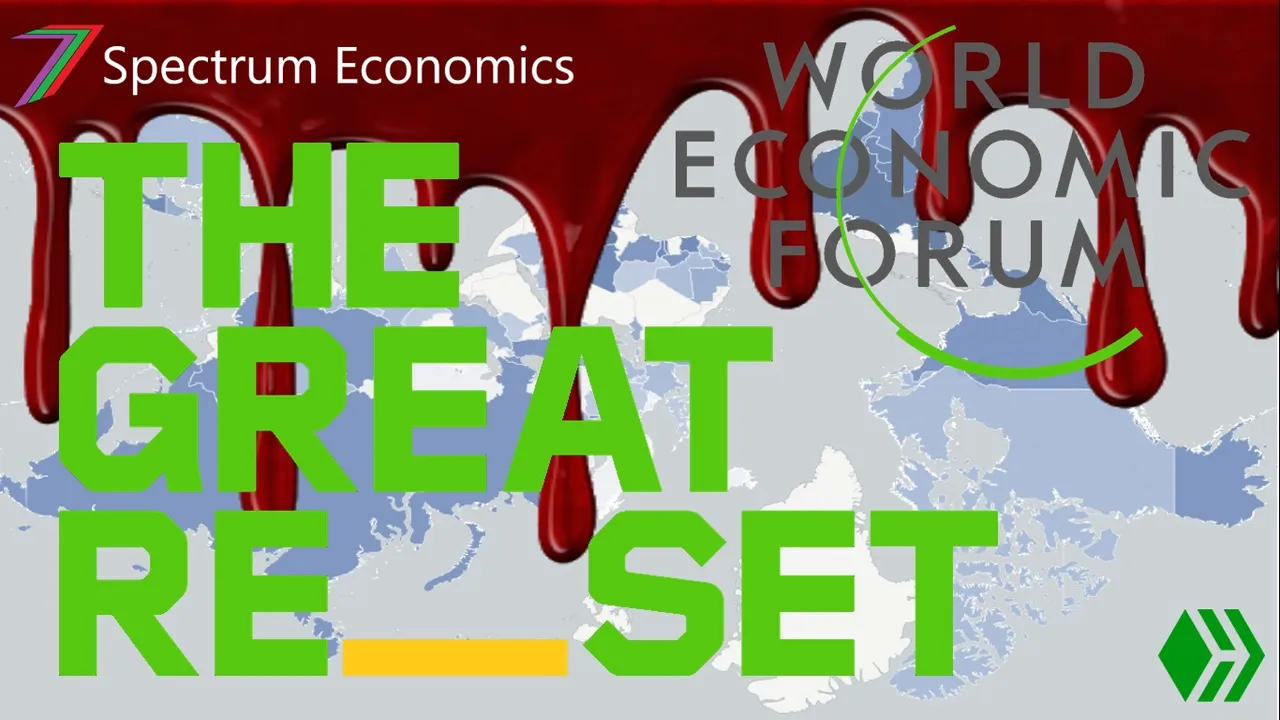
In Part 3, I continue discussing the ‘Macro Reset’. In Part 2, I introduced the ‘Macro Reset’ and discussed the ‘Economic Reset’ and the ‘Societal Reset’. In Part 3, I complete the ‘Macro Reset’ by discussing the ‘Geo-political, Environmental and Technological Resets’. As with the previous parts in this series, I include my own commentary on the content. I discuss the aspects of the content I like and dislike as well as where I agree or disagree with the views expressed.
Geopolitical Reset
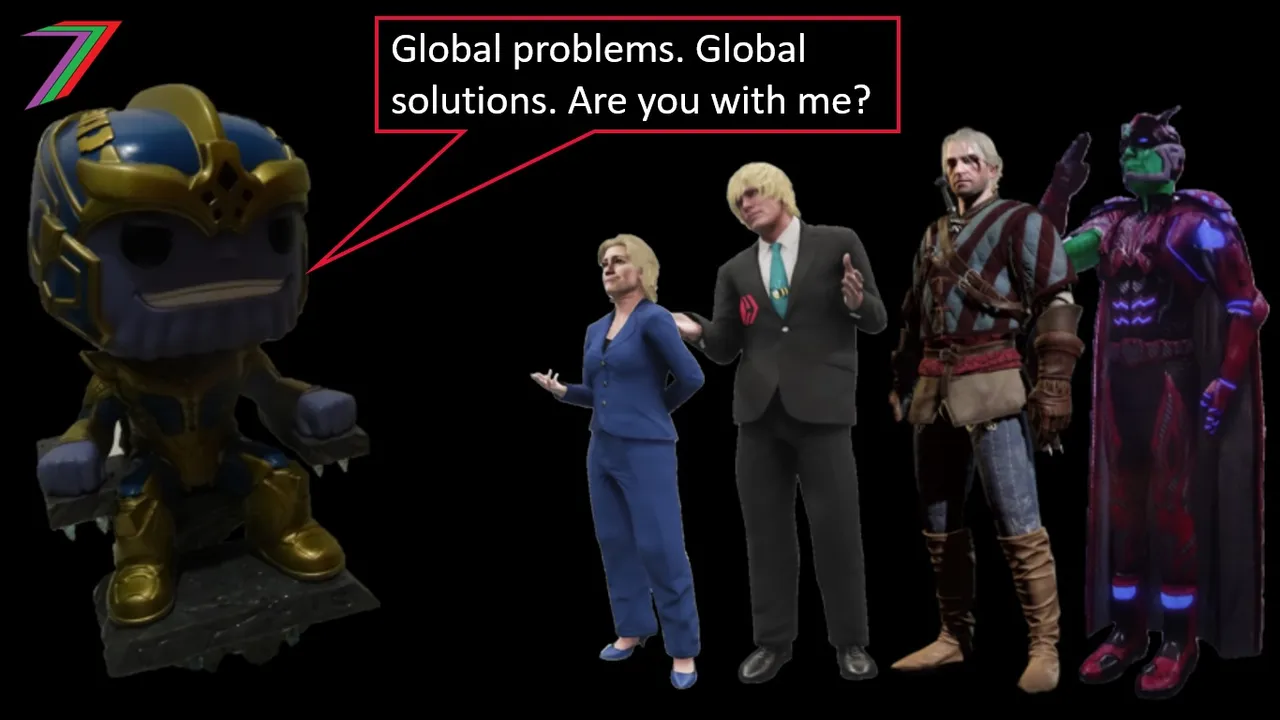
In this sub-section of the book, the authors focus on Nationalism and Globalism. The authors claim that the rise of Nationalism in countries such as the UK with Brexit and the USA with the election of Donald Trump has caused a reduction in Globalisation. The authors refer to a framework referred to as the ‘Globalisation Trilemma’. It states that democracy, national sovereignty, and globalisation are at odds with each other; only two can successfully coexist at one time. Government responses to Covid-19 such as closing borders has further restricted globalisation. The authors suggest that regionalisation may become a short-term solution for reduced globalisation. Regionalisation would involve greater integration of neighbouring countries such as occurs in the European Union.
The authors believe that the struggle between Nationalism and Globalism will play out in three areas.
- Global institutions
- Trade
- Capital flows
The authors strongly advocate for global governance. They claim the biggest issues we face are global problems. Global issues such as pandemics, climate change, terrorism or international trade are provided to support this claim. The authors claim that global issues/problems should be tackled with consistency through collaboration between nations.
The book provides commentary on the relationship between the USA and China and discusses potential winners and losers of their rivalry. The authors do not claim to know how the rivalry will be resolved.
The book discusses how the pandemic and the fallout of the pandemic will most negatively affect the poorest countries in the world. The authors claim that mass migration from the poorest countries to the wealthier countries is likely to occur.
My views on the Geopolitical Reset
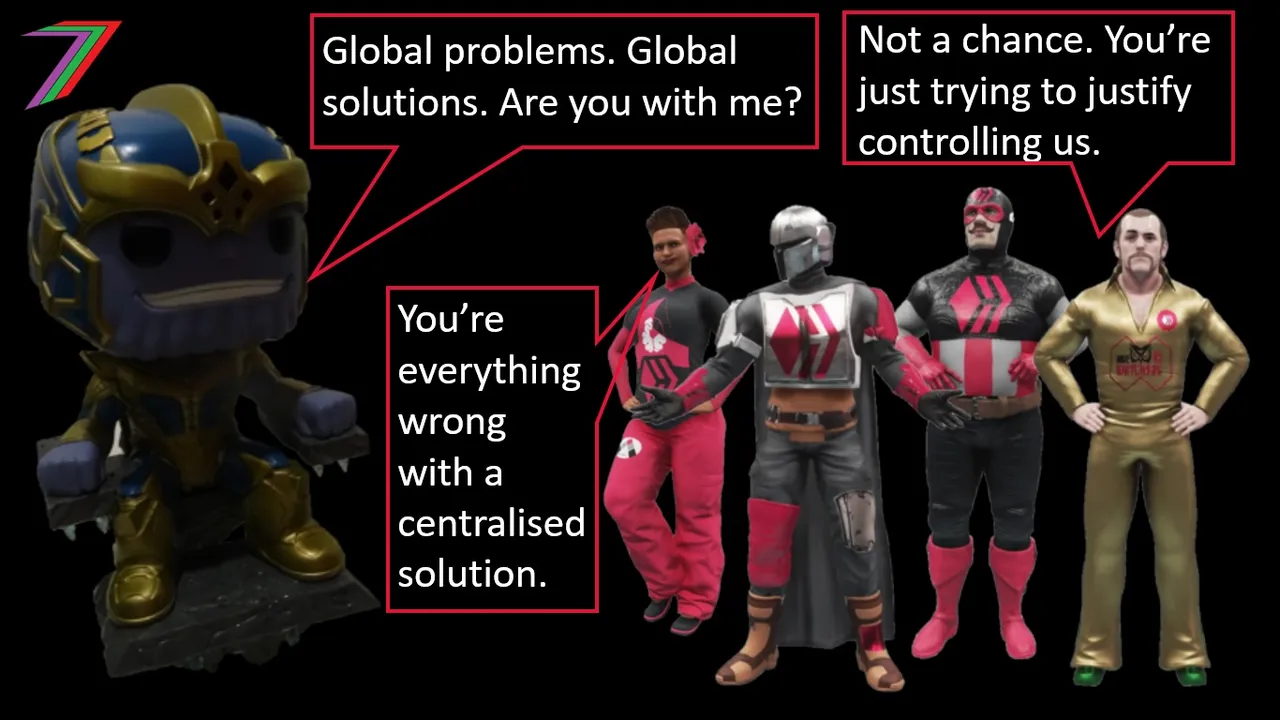
I agree that Nationalism and Globalism are competing ideologies. I do not agree that they are incompatible. It depends on how Nationalism and Globalism are perceived as well as how they intend to be achieved. Nationalism and Globalism would be incompatible if there was global centralisation of power, which is being suggested by the authors. If power was decentralised at all levels, Nationalism and even tribalism could be compatible with Globalism if exclusionism was not a prevalent ideology. For example, imagine nations are families and the world is a community. Families and the community can successfully coexist. Different families can operate differently but they can successfully work together as a community. However, if community leaders dictated how families operated, the concept of family would disintegrate.
Regionalism has been practiced for a long time. Trading and cooperating with neighbours is a logical step. Diversity can be achieved without the cost of communicating and travelling across the world. Advancement in technology has made regionalism less necessary, as distance is less of a problem. This is especially true for services that can be conducted online. Reduced transportation costs can reduce the costs of trading goods. Globalisation has only been reduced because of Government intervention and not a direct impact of Covid-19.
I strongly disagree with the authors in regards to global governance. Many of the biggest causes of threats to countries are global but these causes create different threats in different countries. Climate change affects different countries very differently. Some countries will become warmer some will become colder. In some cases, climate change can destabilise the weather and in other countries, it could have the opposite effect; climate change does not always create negative effects. A global approach to climate change is neither necessary nor practical. International trade is also very different for each country. This is because each country has its own comparative advantages, and needs. The pandemic can be a global threat but improved healthcare and sanitation greatly reduces that threat. Terrorism is barely a threat. It has been greatly exaggerated over the past few decades.
The authors’ observations regarding poorer nations could be accurate. Many of the poorest countries are not recording as many Covid-19 deaths as western countries. They also do not appear to be closing down their economies in the same way. However, falling demand for goods from western countries will negatively affect poorer countries. Reduced foreign aid will also negatively affect poorer countries. It is difficult to predict if these impacts will lead to more ‘push migration’ to western countries. It also depends on western countries' response to poorer countries as well.
Environmental Reset
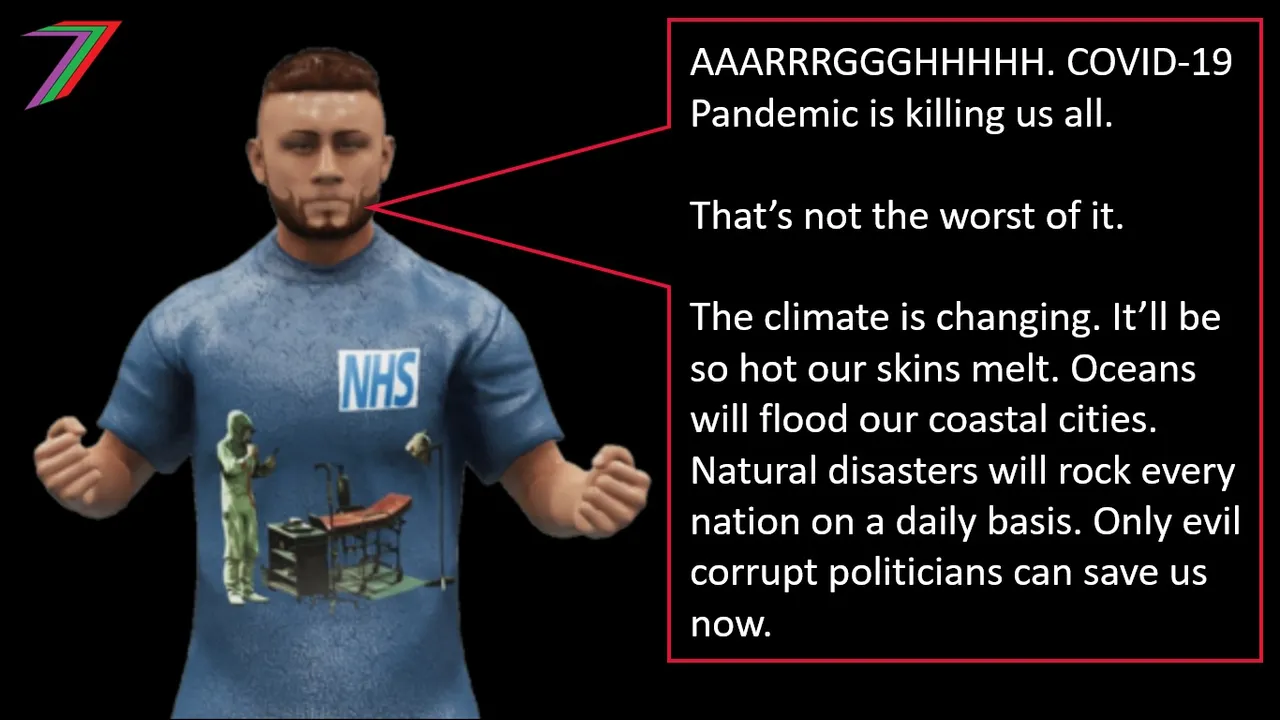
In this subsection, the authors attempt to link Covid-19 to climate change. They make comparisons of the potential collapse of ecosystems (climate change) and society (Covid-19). Most comparisons made were based on presumed consequences of a pandemic and climate change. The book briefly discusses how reduced biodiversity may contribute to increased transmission of diseases between animals and humans (possible cause of Covid-19).
The book discusses two possible post-pandemic approaches in regards to climate change. One approach involves focusing almost entirely on getting the economy back on track. The other approach involves focusing on the environment. The book discusses the importance of reducing carbon emissions and various ‘Green Deals’. The book favours the second approach. It claims that Government and business leaders will have the most influence on which approach is adopted.
My views on the Environmental Reset
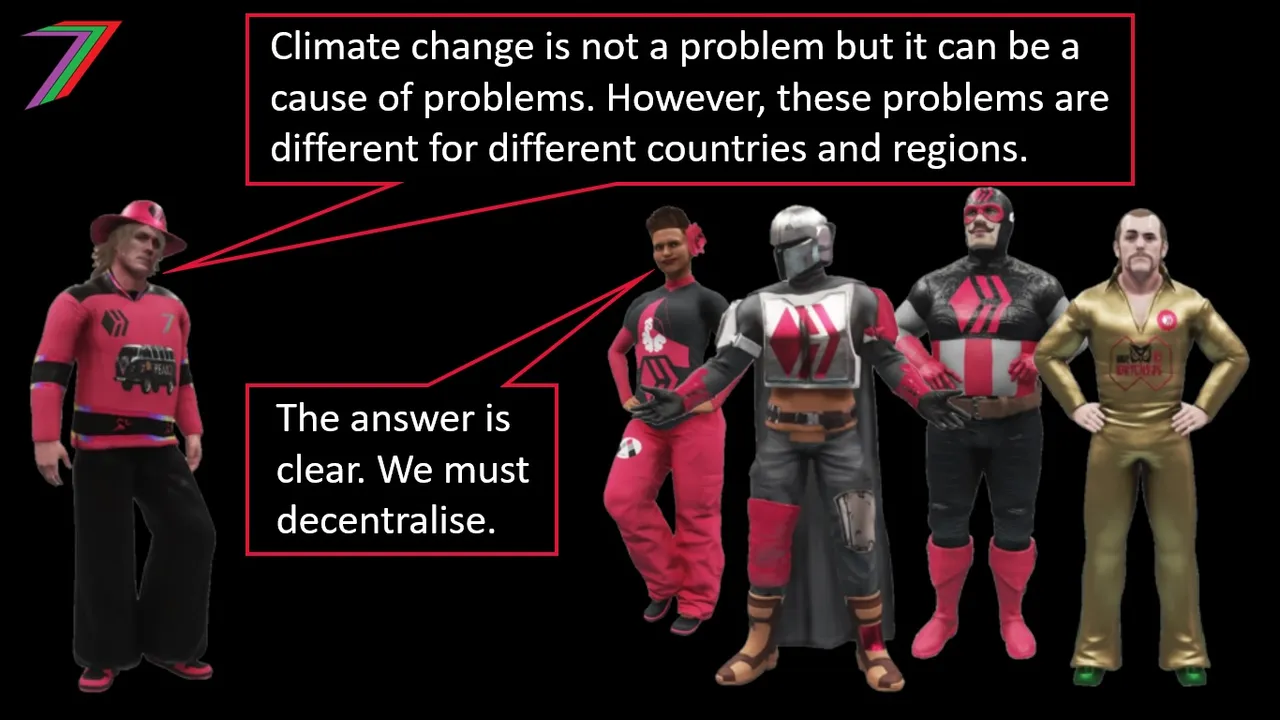
I believe Covid-19 and the environment are most likely very different issues. I believe the origin of Covid-19 is the key between any connections between the two. If Covid-19 was created in a laboratory, there is no connection. Instead, the Government/s would be completely responsible for all the damage caused by the virus. If Covid-19 has a more natural origin, then a connection between Covid-19 and the environment is possible.
I do not like the book’s heavy emphasis on climate change and carbon emissions. Climate is just one aspect of the environment. There are many other pressing environmental concerns such as various types of pollution (i.e. land, air, water, and noise) and destruction of natural habitats. Pollution and destruction of habitats is an easier problem to address as it is directly related to human action. The market has not been particularly good at addressing environmental problems. This is because negative environmental impacts are normally externalities. Therefore, they are not considered in natural pricing mechanisms. Market solutions through theories such as Coase Theorem have not been particularly successful. I am optimistic that through technological advancement and changing ideologies, it will be possible to have more environmentally friendly economic activity.
Technological Reset

In this sub-section of the book, the authors discuss recent technological advancements and refer to a previous publication titled ‘The Fourth Industrial Revolution’. Areas discussed include advancements in drone and vaccine technology.
The authors discussed how the pandemic has encouraged businesses to rely on technology to work when social distancing has been required and how customers have been forced to change how they purchase goods and services. Covid-19 has also forced regulators to act sooner to enable the use of technology to support businesses and their customers. Changes in regulation has helped the growth of telemedicine and contactless payments.
The book discusses the increase in the need for surveillance of human activity. It references how countries with better contact tracing and tracking performed better at preventing the spread of Covid-19. Private companies such as Apple and Google have developed applications that can be used to trace human activity, which could be used to inform people if they have been put at risk of infection.
The book also discusses the potential of a dystopian outcome where surveillance systems are used for more than just tracing and tracking health issues. They could be used to monitor different types of behaviour ranging from selection of preferred media outlets to emotional responses to particular content. The authors believe surveillance will not be curbed post-pandemic. It will rely on Government not to abuse the surveillance technology.
My views on the Technological Reset
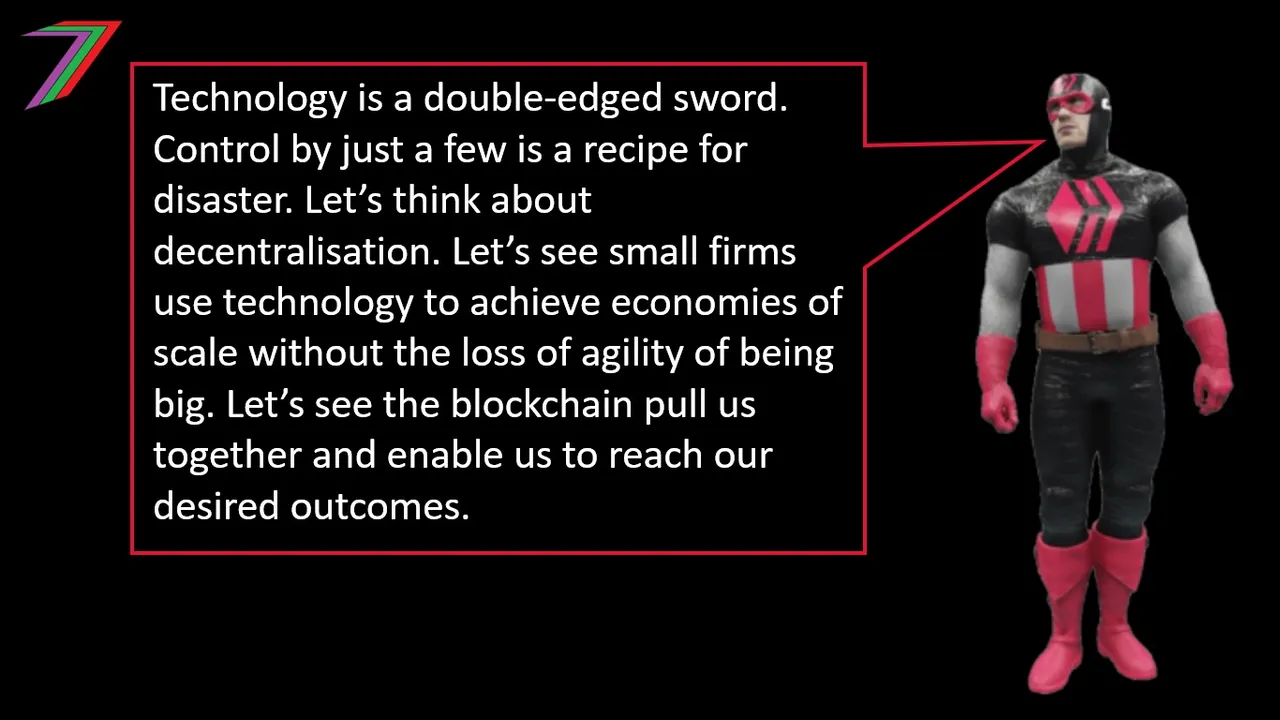
I am a strong advocate of technological progress. Technology serves an important role in increasing productivity and efficiency as well as increasing quality of life. If Covid-19 has increased the advancement of technology, it should be considered a good thing. For example, reducing the need to travel saves both time and money.
My biggest concerns are regarding surveillance technology. Track and trace systems have been effective at reducing the spread of Covid-19 in several countries such as South Korea and Hong Kong. These countries implemented their track and trace systems at the beginning of the pandemic. However, privacy is a huge issue. Both Government and private sector track and trace systems are likely to have privacy concerns. Large private sector companies such as Google and Apple have a lot to gain from being able to monitor their customers and potential customers. However, a track and trace system does not need to be a double-edged sword. Track and trace systems can be implemented through decentralised blockchains, which can be both effective and guarantee protection of privacy. People can be assigned anonymous identifiers so that movements of particular people cannot be identified. However, locations visited by a person, who has tested positive to the virus, can be identified. People can use this information to determine if they have been put at risk. Therefore, they can take necessary actions to prevent putting others at risk.
Vaccines were briefly discussed in the book. I am very concerned about any technological advancement that involves making changes to the human body. Changing regulation to enable vaccines to be developed much quicker is not a good outcome. Safety should be a much greater concern than speed. This is especially true with a virus that has a very low mortality rate in a large percentage of the population.
Continued in Micro Reset (Mirco Trends and Industry Reset).
More posts

If you want to read any of my other posts, you can click on the links below. These links will lead you to posts containing my collection of works. These 'Collection of Works' posts have been updated to contain links to the Hive versions of my posts.
My New CBA Udemy Course
The course contains over 10 hours of video, over 60 downloadable resources, over 40 multiple-choice questions, 2 sample case studies, 1 practice CBA, life time access and a certificate on completion. The course is priced at the Tier 1 price of £20. I believe it is frequently available at half-price.
Future of Social Media





